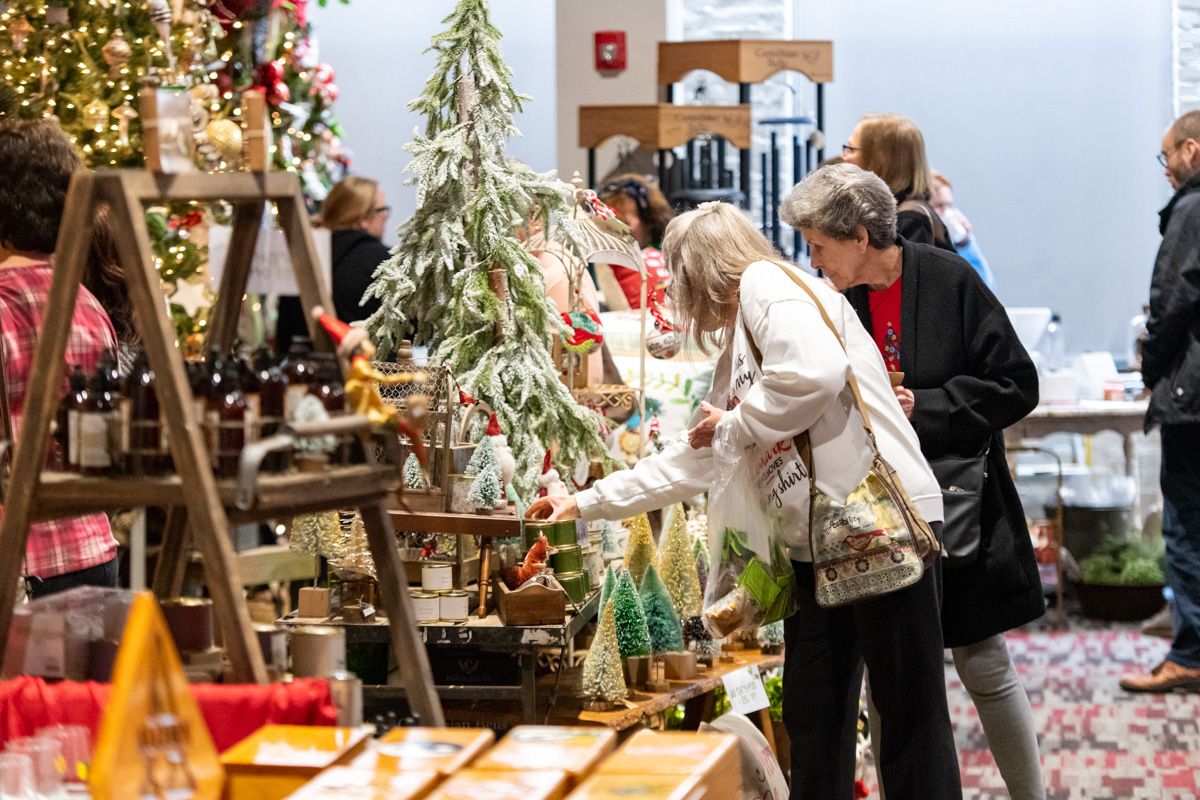As Youth Services Librarian Jayme Evans selected books to highlight in February at West Point’s Bryan Public Library, she kept in mind that Black History Month should mean more than simply knowing the names of some famous black people and being able to memorize a quote by Martin Luther King Jr. Among other goals, this designated month is an opportunity to learn about contributions of African Americans in fields ranging from agricultural innovation to scientific research, from civil rights to world renowned entertainment. At its best, it’s an opening for conversation about race in America, conversation that seems needed now as much or more so than ever before.
Libraries in the Golden Triangle play a role in facilitating the dialogue. It’s a particular challenge this year due to COVID-19.
“We have had to get really creative with how we’re getting information out and celebrating this month,” said Columbus Lowndes Library Systems Director Erin Busbea. “Every library is struggling with this because we are so used to having people here in the building, having programming in person, seeing people’s reactions to the information we’re providing.”
Pandemic-induced restrictions continue to keep area libraries operating at limited capacity. Like so much else in 2020, and now into 2021, libraries are relying on virtual connections to stimulate the discussion. One way the Columbus Lowndes Public Library is doing that is by streaming on its Facebook page “We Need to Talk,” a previously-broadcast five-part news segment on race in America, presented by NBC News.
“Uncomfortable conversations are often the most meaningful conversations,” reads the event flyer. “There are people talking, but are we hearing each other?”
The library aired the opening segment Feb. 4; subsequent segments are Feb. 11, 18, 25 and March 4, at 7:30 p.m.
Less intense, the Columbus facility is also posting a daily social media slide that brings attention to a different black individual most people have probably never heard of, spotlighting his or her accomplishments.
“Even if we can’t have our normal programming we still want to make sure we’re educating our community and celebrating the month and the phenomenal African-Americans that do not get enough recognition for their contributions to our world and livelihoods.” Busbea said.
■■■
At Mississippi University for Women’s Fant Memorial Library, topics of diversity and inclusion are not confined to February.
“Black history and the history of our university and our students is what we do all year, every year,” said Professor and Dean of Library Sciences Amanda Powers. “We look forward to February because it gives us a chance to stop and dig even deeper into the history of black students, staff and faculty at The W.”
Throughout the month, Fant archivist Vic Jones is sharing records and images from The W’s Beulah Culbertson Archives and Special Collections via the university’s social media accounts. In addition, the library’s Inclusion, Diversity, Equity and Accessibility Committee (IDEA) is sponsoring its ongoing book club, currently convening through Zoom. The Black History Month selection is the graphic novel adaptation of “Kindred,” by Octavia Butler and John Jennings.
“The ‘Kindred’ discussion will be Feb. 24, and we invite the community to read it with us,” Powers said. “You can find out more at libguides.muw.edu/IDEA/BookClub.”
Find more book recommendations focused on Black History Month on all Fant Library social media platforms.
■■■
More than 20 black history-related events — many virtual, a few in-person and socially distanced — are planned on Mississippi State University’s campus this month, noted University Archivist Jessica Smith of Mitchell Memorial Library. They explore the African American experience, past and present, and urge honest discussion about where society finds itself now in this period of racial reckoning,
Thought-provoking sessions include a panel discussion with local law enforcement, a virtual day-long black business expo and a virtual talk on teaching black history and anti-racism post George Floyd.
“Nothing New Under the Sun” is an exhibit, co-curated by Smith, examining the history of black students and activism on the MSU campus. On designated dates, presentations on the impact of black music, and on the history of black fashion are also interspersed with a drive-in movie, a discussion on blacks in the military and an MSU TV keynote address at 3 p.m. Feb. 24 by Kiese Laymon.
Search Black History Month events at MSU, or call 662-325-2033.
“Black History Month observances within the Starkville-Oktibbeha County Library System are still being finalized,” said Director Phillip Carter.
■■■
The conversations have begun, with libraries doing their part to educate their respective communities, provide a platform and inspire talking points.
Back at the Bryan Library display in West Point, Evans assembled not only biographies on African Americans and books on culture — music, movies, folk stories, hair and food. She also focused on issues within the African American community, including police relations, mass incarcerations, systemic racism.
“We wanted to showcase both the beauty of African American history as well as further an educated discussion on the issues the African American community faces daily,” Evans said. “The library is a temple of knowledge and a coliseum of entertainment. The only way to keep up the majesty that is the public library is by showcasing both the accomplishments of people as well as continuing to discuss what and how we can continue to understand and resolve the issues that befall each and every one of us.”
Jan Swoope is the Lifestyles Editor for The Commercial Dispatch.
You can help your community
Quality, in-depth journalism is essential to a healthy community. The Dispatch brings you the most complete reporting and insightful commentary in the Golden Triangle, but we need your help to continue our efforts. In the past week, our reporters have posted 43 articles to cdispatch.com. Please consider subscribing to our website for only $2.30 per week to help support local journalism and our community.



